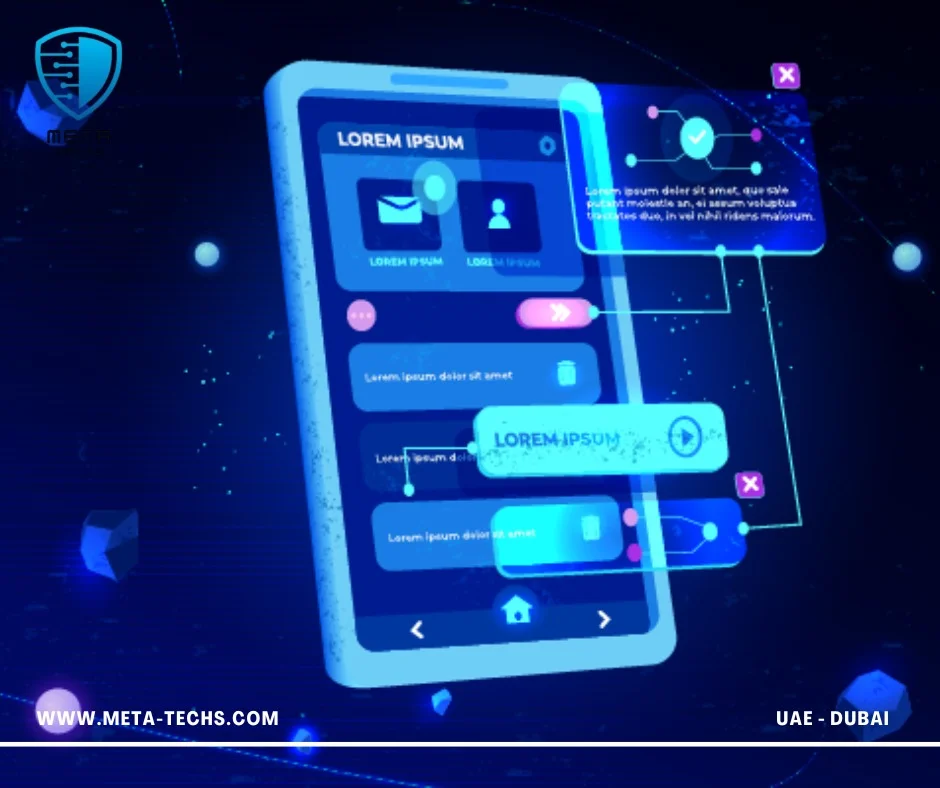The hipaa the health insurance portability and accountability act (HIPAA) is a legislation in the United States that aims to protect the privacy and security of individuals’ medical information. With the advancements in technology and the digitization of healthcare records, safeguarding sensitive medical data has become more critical than ever. HIPAA sets forth comprehensive guidelines and regulations that govern how healthcare providers and insurers handle and secure patient information.

What Is the Health Insurance Portability and Accountability Act (HIPAA)?
HIPAA, or the hipaa health insurance portability and Accountability Act, was established by the U.S. Congress in 1996. This act modified both the Employee Retirement Income Security Act (ERISA) and the Public Health Service Act (PHSA). Its purpose was to safeguard individuals who have health insurance and to establish guidelines for the confidentiality and storage of personal health information.1
Main Points
The HIPAA law has an effect on the regulations, technology, and documentation in medical establishments, health insurance companies, HMOs, and healthcare billing services. Failure to comply with HIPAA standards and recommended methods is a violation of the law. In 2009, the HITECH Act was introduced to enhance the privacy and security measures for patients under HIPAA.
Understanding the Functionality of the Health Insurance Portability and Accountability Act (HIPAA)
The main purpose of the Health Insurance Portability and accountability act (HIPAA) is to guarantee that personal healthcare coverage is readily available, transferable, and renewable. It also establishes guidelines and protocols for the exchange of medical information within the healthcare system of the United States in order to combat any potential fraudulent activities. This act takes precedence over state regulations unless the state has stricter policies in place.
hipaa the Health Insurance Portability and accountability act has undergone changes since 1996 to incorporate protocols for secure storage and transmission of patient health records through electronic means. These modifications also encompass administrative simplification measures that strive to enhance productivity and decrease administrative expenses by implementing universal guidelines.
The HITECH Act, which was passed in 2009 as a component of the American Recovery and Reinvestment Act, expanded the privacy and security safeguards of HIPAA. Its main objective was to encourage the adoption of health information technology. One of the key aspects of the HITECH Act deals with addressing worries about privacy and security.
The Future of hipaa the health insurance portability and accountability act
According to a report by Bloomberg Law in 2018, there is an increasing concern about the potential privacy risks associated with digital healthcare data, and it is expected that there will be updated federal laws addressing this issue in the near future. With the prevalence of fitness-tracking apps and the availability of GPS-tracked data on various personal health information such as daily step count, heart rate, medications, allergies, and even menstrual cycles, there are now new obstacles in maintaining proper standards for storing and safeguarding sensitive medical data.
According to Nan Halstead, a health privacy and security attorney at Reed Smith LLP, future regulations are not likely to expand on hipaa the health insurance portability and accountability act, but rather use it as a blueprint to develop new laws for the digital sector. While no federal laws have been implemented yet, states have the option to enact laws to fill the gap. In addition, companies that collect consumer data are currently under the supervision of regulatory bodies such as the U.S. Food and Drug Administration (FDA) and the Federal Trade Commission (FTC).
Purpose and Overview of the Health Insurance Portability and Accountability Act
The Health Insurance Portability and Accountability Act, commonly known as HIPAA, was enacted by the U.S. Congress in 1996. It was introduced to address the growing concerns regarding the privacy and security of individuals’ health information. The primary purpose of hipaa the health insurance portability and accountability act is to protect the rights of patients by ensuring the confidentiality, integrity, and availability of their medical records.
HIPAA encompasses several key components that collectively work towards achieving its objectives. These components include the Privacy Rule, Security Rule, Breach Notification Rule, and Enforcement and Penalties. Let’s take a closer look at each of these components to gain a comprehensive understanding of hipaa the health insurance portability and accountability act.
Key Components of HIPAA
HIPAA Privacy Rule
The HIPAA Privacy Rule establishes national standards for the protection of individuals’ medical records and other personal health information. It governs how healthcare providers, health plans, and healthcare clearinghouses handle and disclose patient information. The Privacy Rule grants patients certain rights over their health information, such as the right to access, request amendments, and obtain an accounting of disclosures. It also requires healthcare organizations to provide individuals with a Notice of Privacy Practices, which outlines how their information will be used and shared.
To comply with the Privacy Rule, healthcare providers must implement administrative, physical, and technical safeguards to protect patient privacy. This includes implementing policies and procedures, training staff on privacy practices, and securing electronic health information through encryption and access controls.
HIPAA Security Rule
The hipaa the Health Insurance Portability and accountability act Security Rule complements the Privacy Rule by laying out specific requirements for safeguarding electronic protected health information (ePHI). It outlines the administrative, physical, and technical safeguards that healthcare organizations must implement to ensure the confidentiality, integrity, and availability of ePHI. These safeguards include conducting risk assessments, implementing access controls, encrypting data, and regularly auditing systems.
The Security Rule also emphasizes the importance of contingency planning, data backup, and disaster recovery to mitigate the impact of potential security incidents. By adhering to the Security Rule, healthcare organizations can effectively protect the electronic health information of their patients from unauthorized access, use, or disclosure.
HIPAA Enforcement and Penalties
HIPAA enforcement is overseen by the Office for Civil Rights (OCR) within the Department of Health and Human Services. The OCR is responsible for ensuring compliance with HIPAA regulations and investigating complaints and breaches. In the case of non-compliance, the OCR has the authority to impose civil monetary penalties ranging from $100 to $50,000 per violation, depending on the severity of the violation and the organization’s level of negligence.
In addition to monetary penalties, HIPAA violations can also result in criminal charges and imprisonment. Willful neglect of HIPAA requirements can lead to criminal penalties of up to $250,000 and 10 years of imprisonment. These enforcement measures highlight the seriousness with which hipaa the health insurance portability and accountability act compliance is taken and the importance of adhering to its provisions.
Conclusion and Importance of HIPAA Compliance
In conclusion, understanding and complying with the provisions of hipaa the health insurance portability and accountability act is crucial for healthcare organizations to ensure the privacy, security, and confidentiality of patient health information. HIPAA’s Privacy Rule, Security Rule, Breach Notification Rule, and enforcement measures collectively work towards protecting patient rights and promoting the integrity of healthcare data.
By adhering to hipaa the health insurance portability and accountability act regulations, healthcare providers can uphold their ethical responsibilities while also reducing legal and reputational risks. Compliance with HIPAA not only helps organizations avoid substantial fines and penalties but also establishes trust and confidence with patients, ultimately enhancing the overall quality of healthcare services.








